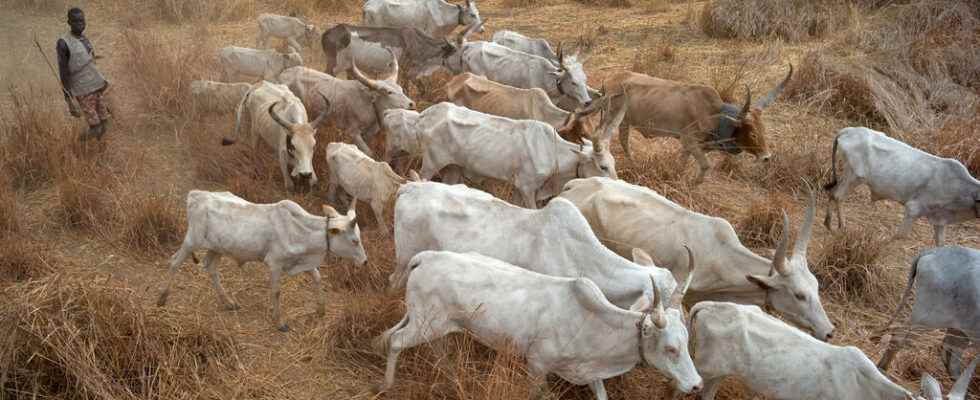In Juba, South Sudanese ministers joined the World Bank and FAO to launch a new report that proposes putting the country back on the path to development by transforming agriculture. In 2022, more than 70% of South Sudanese will need food donations to survive. The consequence of years of civil war that spoiled the great agricultural potential of the country, endowed with fertile land and abundant rains.
With our correspondent in Juba, Florence Miettaux
” Rebuilding trust between communities, eroded by years of conflict and government failures is one of the essential measures of this new report. Developing agricultural production will also involve the creation of farmers’ cooperatives or even innovative financing systems.
But for Onyoti Adigo Nyikec, the Minister of Livestock and Fisheries, it is first and foremost necessary to build infrastructure: “ Our main problem here in South Sudan is infrastructure. Because agriculture is transversal: it needs roads, communication, transport, markets, trade, so that you can produce and then bring your products to market. We must develop agriculture so that we become self-sufficient. And we can do it! »
Investing in agriculture to build peace
The director of the Food and Agriculture Organization of the United Nations (FAO) in South Sudan, Meshak Malo, is convinced that investing in agriculture will help consolidate the still very fragile peace: “ If a young man has 20 chickens, 2 pigs, he probably won’t go to war, because he has something to lose. But if it’s a situation where young people have nothing to lose, they will take up arms. »
Two projects supported by the World Bank in partnership with the Ministry of Agriculture are inaugurated in turn this Wednesday, March 23. With total funding exceeding $100 million, they aim to support ” agricultural resilience as well as providing aid to farmers affected by locust invasions.
►Also read: South Sudan: the country could experience “its worst food crisis” alert the United Nations
